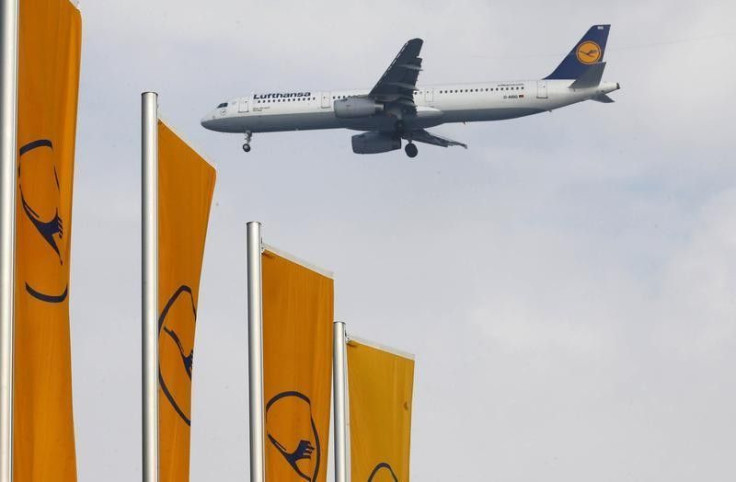Cheap Airline Tickets Exacerbate Global Warming, Better to Increase Prices – Study

Cheap airline ticket prices, it seems, is what's keeping the global aviation industry to reduce its carbon emissions, a new research published by the University of Southampton said in the journal Atmospheric Environment.
The global aviation industry contributes a measly two per cent of global carbon dioxide emissions per aircraft. But aviation analysts have said earlier current number of planes in service will double by 2013.
If that happens, their carbon dioxide emissions will likewise double.
Airlines collectively burn 5 million barrels of oil a day. But demand for air travel is growing massively that researchers believed even if every airline firm ensures to fly on low-carbon biofuel, the industry wont still be able to achieve its target of a reduced greenhouse gas emissions in half by 2050.
The European Commission has said global international aviation emissions will jump by as much as 70 per cent in 2020 compared to their levels in 2005.
The very drastic solution the study offered was to jack up prices of airline tickets to weaken the demand for air travel.
Researchers said it might not be enough to just increase prices. The global aviation industry must also create schemes to include behaviour change in their potential air travellers, such as incentives for choosing the more environmentally "correct" choice, or disincentives in choosing the "wrong" choice.
Researchers said the price increase must be exceedingly high to value carbon emissions by 100 times more than they are presently valued.
This would translate to an annual 1.4 per cent jump on ticket prices. Prices of domestic tickets have fallen between 1979 and 2012 by 1.3 per cent a year, while those for international flights have tumbled by 0.5 per cent annually between 1990 and 2012.
Researchers said they expect the global aviation industry to just shrug off their findings and recommendations.
They also know do not doubt that demand for air travel will continue to increase in the foreseeable future. "As a result, civil aviation is going to become an increasingly significant contributor to greenhouse gas emissions."





















